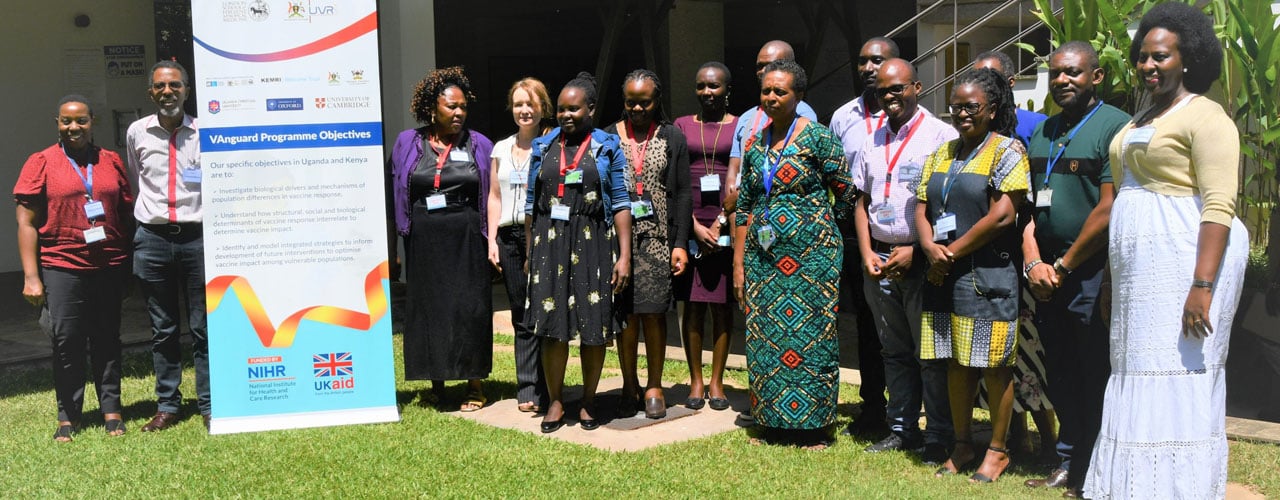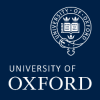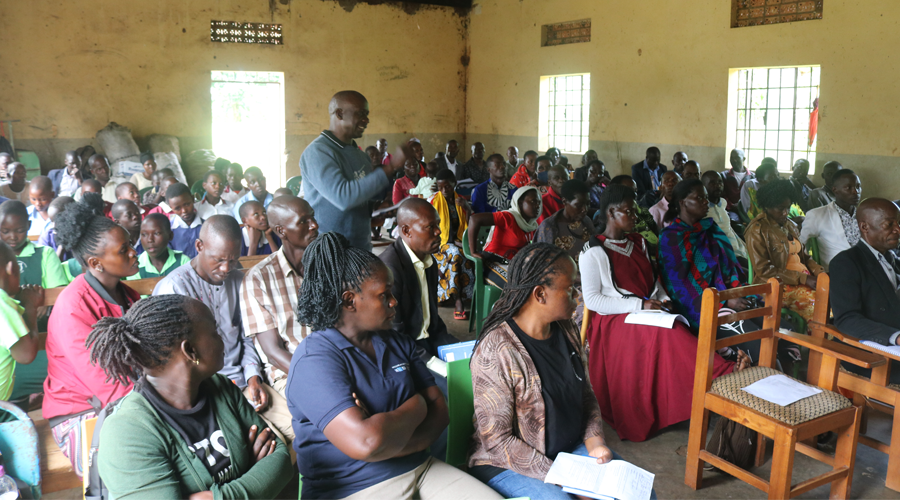The VAnguard project seeks to investigate the structural, social and biological factors that impede the impact of vaccines in vulnerable communities in Africa, with the aim of developing integrated strategies to address them.
Through our strong community engagement arm, we work among muti-level groups in communities in Uganda and Kenya with low vaccine uptake and/or a high prevalence of parasite infections and malnutrition, factors that could reduce their capacity to respond positively to vaccines. In partnership with UVRI(Uganda) and KEMRI|Wellcome Trust (Kenya) we carry out interventions both in laboratories and communities aimed at exhaustively identifying the causes of such low vaccine uptake. Our studies also contribute to the knowledge base about the actual impact of the COVID-19 pandemic on vaccine programmes.
VAnguard is about strengthening collaborations between national and international stakeholders to identify social and biological factors that impair vaccine impact in African communities. We also aim at developing integrated strategies and recommendations to fully achieve vaccine impact, and to contribute to health equity in Africa.
Who we are
We are a multidisciplinary Group made up of the London School of Hygiene & Tropical Medicine (LSHTM), East African partners at the forefront of building vaccine research capacity in the region: the Uganda Virus Research Institute (UVRI, Joint Lead) and Kenya Medical Research Institute (KEMRI) Wellcome Trust Research Programme (KWTRP). The Medical Research Council (MRC)/UVRI and LSHTM Uganda Research Unit (MUL), a close, on-campus partner of UVRI. We also collaborate with colleagues from Makerere University, Uganda Christian University (UCU), the Ugandan and Kenyan Ministries of Health (MoH) and expert collaborators.
What we do
Through mixed methods, we are engaging with communities and analysing biological samples to address these objectives.
- Investigate biological drivers and mechanisms of population differences in vaccine response
- Understand how structural, social and biological determinants of vaccine response interrelate to determine vaccine impact
- Identify and model integrated strategies to inform development of future interventions to optimize vaccine impact among vulnerable populations
Through multidisciplinary teams with members from each country; comprising of experts and trainees in biological and social science and community engagement, are working with communities and implementation stakeholders to generate a sustainable, collaborative research culture and facilitate sustainable pathways to research impact.
Using data and samples from our current trials in Uganda (on effects of infections) and Kenya (on nutritional factors), we are identifying “biomarkers” which can be measured in blood samples. These can show whether responses to vaccines are likely to be poor.
We are building capacity of early and mid-career scientists through having them lead thematic and study management work packages. We are also co-supervising PhD students; cross-cutting leadership, research and research-management training, and vaccinology and modelling training modules. All this is aimed at supporting personal and institutional capacity strengthening for vaccinology in Africa.
These are the outcomes we are looking forward to:
- New knowledge on interacting factors that determine vaccine impact,
- New strategies for optimising vaccine impact for vulnerable communities
- Strengthened capacity for multidisciplinary impactful vaccine research in Africa.
PhD students supported under VAnguard
| Name of fellow | Nationality | Institution | Field of study |
|---|---|---|---|
| Henry Karanja | Kenyan | KEMRI Wellcome Trust Research Programme | Immunology |
| Esther Awuor | Kenyan | KEMRI Wellcome Trust Research Programme | Social Sciences |
| Flavia Zalwango | Ugandan | Uganda Virus Research Institute | Social Sciences |
| Robinah Nalwanga | Ugandan | Uganda Virus Research Institute | Mathematical modelling |
| Ludoviko Zirimenya | Ugandan | MRC/UVRI & LSHTM Uganda Research Unit | Immunology |
| Agnes Natukunda | Ugandan | MRC/UVRI & LSHTM Uganda Research Unit | Statistics |
| Bridgious Walusimbi | Ugandan | MRC/UVRI & LSHTM Uganda Research Unit | Immunology |






